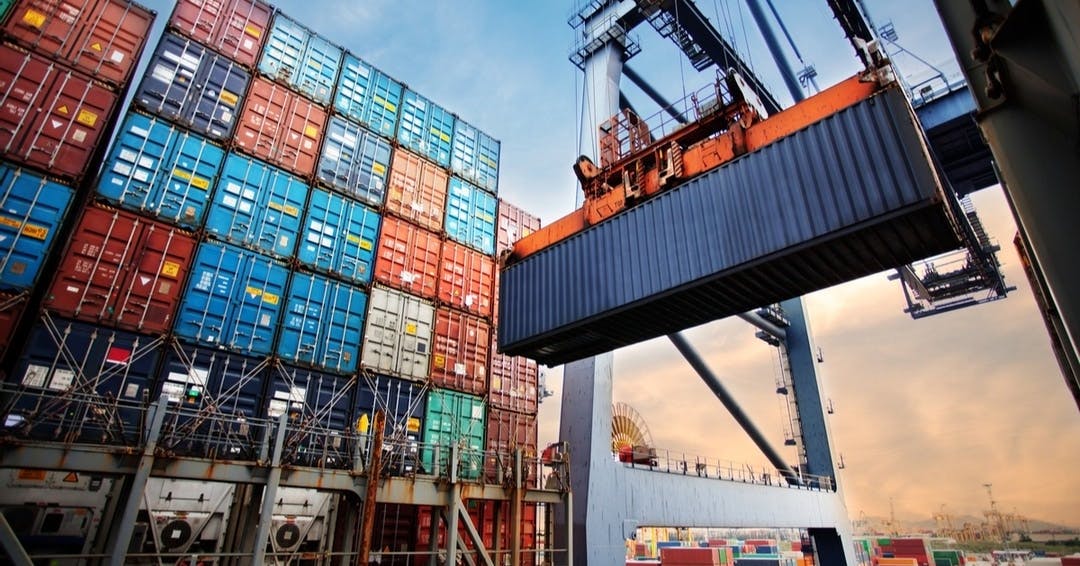As container shipping undergoes its digital trade transition, digital identity is a pivotal element. A digital identity functions as an online representation for individuals, organisations or devices, uniquely identifying and authenticating them in the digital realm. The verification of digital identity, as this crucial online representation, is a vital business process. Its significance extends beyond mitigating risks such as data breaches and identity fraud, it also contributes to operational streamlining because:
- Digital identity verification allows for faster and more accurate processes. Automated checks on the identity of shippers, consignees and other stakeholders can reduce manual efforts and expedite onboarding procedures
- Digital identities enable the transition to paperless documentation. Electronic identification and authentication streamline the creation, verification and processing of shipping documents, reducing paperwork, minimising errors and accelerating document workflows
- Digital identity integration with tracking systems enables real-time visibility into the movement of goods. This transparency helps optimise logistics, improve route planning and enhance overall supply chain management.
- Efficient operations: KYC processes can streamline operations by ensuring that all necessary information about customers and partners is collected and verified continuously. This helps in reducing delays, errors and uncertainties in the shipping process
- Regulatory compliance: many countries have regulations in place to prevent illegal activities such as money laundering, terrorism financing and sanctions violations. The shipping industry is subject to these regulations, and KYC helps companies ensure compliance with relevant laws. Only continuous monitoring of KYC data can ensure there are no violations. For example, sanctions checks can result in the prohibition of dealings with counterparts previously granted clearance
- Preventing fraud: by verifying the identity of customers and partners, companies can prevent fraud and unauthorised access to sensitive information. This is particularly important in the digital era, where transactions and communications often occur online. Data breaches can occur at all the endpoints of digital communication. Only monitoring of KYC data on an ongoing basis can ensure that information on file remains accurate
- Risk management: KYC processes are essential for assessing and managing risks associated with customers and partners. Understanding who is involved in a transaction or a shipment allows companies to evaluate potential risks and act appropriately to mitigate them. For customers identified as high-risk, there may be a need to conduct enhanced due diligence (EDD) procedures. These may involve more in-depth verification of customer identity, source of funds and business activities.
